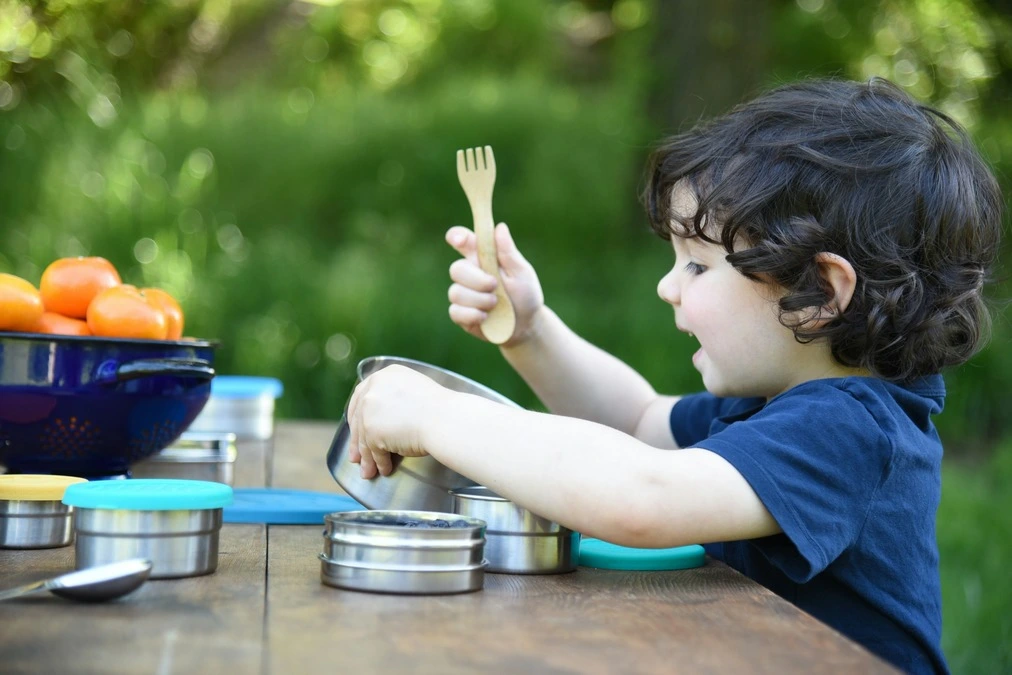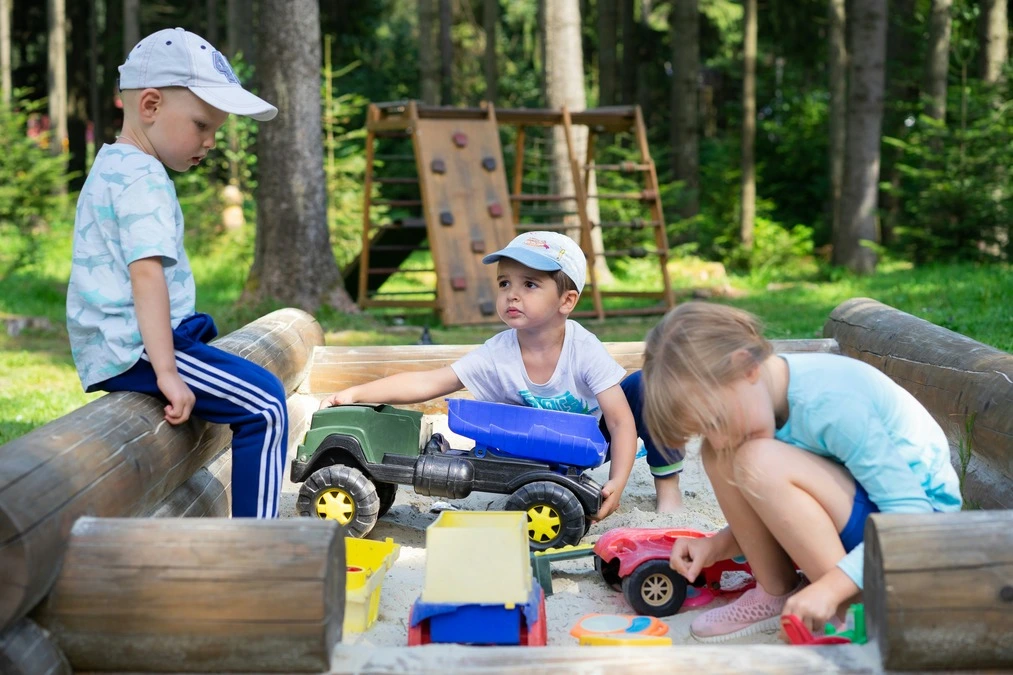The Montessori Method has been used in schools for over a century, but its principles can also be applied at home. This child-centered approach focuses on developing independence, self-motivation, and a love for learning. By incorporating Montessori principles into your daily routines and activities at home, you can help your child develop key skills that will benefit them throughout their life.
Here are 10 simple ways to incorporate Montessori principles at home:
1.Create an environment that promotes independence
In the Montessori philosophy, children are encouraged to do things for themselves as much as possible. Set up your child’s environment in a way that allows them to access and use items independently. For example, have low shelves with toys and activities within reach, child-sized utensils in the kitchen, and a stool for your child to reach sinks and countertops.
2. Involve your child in daily tasks
Involving your child in everyday tasks not only teaches them important life skills but also gives them a sense of responsibility and accomplishment. Let them help with cooking, setting the table, cleaning up toys, or even doing laundry. This will also give you quality time together while teaching valuable skills.
3.Encourage free play
Montessori emphasizes the importance of free play for children’s development. Allow your child to explore and play with toys and materials in an unstructured way, without interruption or direction from adults. This promotes creativity, problem-solving skills, and independence.
4.Provide open-ended toys
Open-ended toys are more versatile, allowing for a variety of play experiences and promoting imagination and critical thinking. Examples include blocks, wooden puzzles, balls, and art supplies. Avoid electronic or overly-specific toys that limit creativity.
5.Follow your child’s interests
Observe what your child is naturally drawn to and provide opportunities for them to further explore those interests. This could be through books, activities, or experiences related to their interests. This not only keeps learning fun but also supports your child’s natural curiosity and motivation to learn.
6. Encourage self-care
In the Montessori method, children are taught self-care skills from a young age. Encourage your child to dress themselves, brush their teeth, and use the bathroom independently. This not only promotes independence but also fosters confidence and self-esteem.
7. Set up a designated learning space
Create a designated area in your home for your child’s learning activities and materials. This could be a small table or desk with supplies for art, writing, or other educational activities. Having a dedicated space will encourage focus and organization in learning.
8. Use real-life materials
Montessori emphasizes using real-life materials instead of toys that mimic adult items. For example, use real dishes for play kitchen activities, have child-sized gardening tools for outdoor exploration, and use real cleaning materials (with supervision) during chores.
9. Limit screen time
In the Montessori philosophy, hands-on experiences are crucial for children’s development. Limiting screen time allows your child to engage in more meaningful activities and promotes creativity, concentration, and social skills.
10. Practice grace and courtesy
Teach your child manners and respect through modeling and consistent practice. This could include saying please and thank you, using kind words to communicate feelings, taking turns when playing with others, and showing empathy towards others’ feelings.
By incorporating these simple changes into your home life, you can apply Montessori principles and support your child’s development in a meaningful way. Remember, the key is to follow your child’s lead, create an environment that promotes independence and exploration, and allow them to learn at their own pace. Happy learning!
In conclusion, the Montessori Method offers valuable principles that can be applied in everyday home life to promote a child’s independence, self-motivation, and love for learning. By involving children in daily tasks, providing open-ended toys and activities, following their interests, promoting self-care skills and manners, limiting screen time and creating designated learning spaces at home – parents can incorporate these simple yet effective ways into







